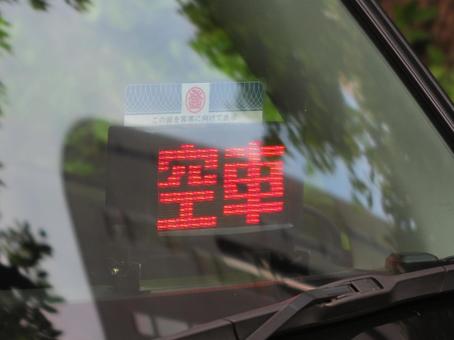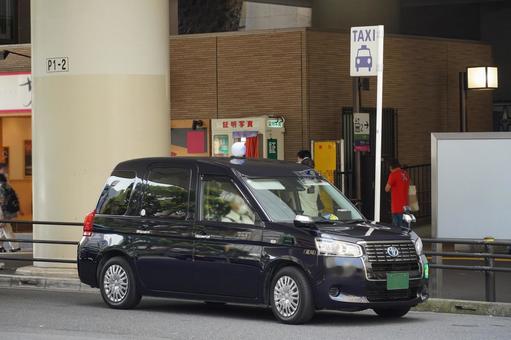How to Ride a Taxi
1. Finding a Taxi
Hailing on the street:
In major cities in Japan, taxis are easy to find near stations or busy areas. If
a taxi is available, you will see a red "Vacant" sign lit up in the front
window. Simply raise your hand to stop the taxi.
Using taxi stands:
At stations and airports, there are taxi stands where you can wait in line for
your turn to board.
Using smartphone apps
You can also use taxi-hailing apps like JapanTaxi or Uber to call a taxi. When
using the app, it's convenient to input your destination in advance.
2. Points to Note When Boarding
Automatic doors:
In Japan, taxi doors open and close automatically by the driver, so you don't
need to operate the door yourself.
How to communicate your destination:
・ Even if you don't speak Japanese, that's okay. It's a good idea to have your
destination written in Japanese on paper or shown on your smartphone to show to
the driver. For well-known tourist spots, simple English might also work.
・ If you're going to a well-known hotel or station, telling the driver that will
also help ensure smooth communication.
3. Payment Methods
Cash:
Cash is commonly used in Japan, but most taxis also accept credit cards and IC
cards like Suica or PASMO. When paying, you can choose between cash or card, so
if necessary, simply say, "Please use a card."
Taxi meter:
Taxi fares are based on a meter system. When you board, the starting fare will
be displayed, and it will increase according to the distance and time. There may
also be additional charges for things like late-night fees or highway tolls, so
it's helpful to confirm these in advance.
4. No Need for Tips
In Japan, there is no tipping culture for taxi drivers. If you have change, it
will be returned to you exactly.
5. Exiting the Taxi
When you reach your destination, pay the fare. The driver will open the door for you, so you can simply exit without worrying about the door.

This is a vacantmark

This is a taxi stans